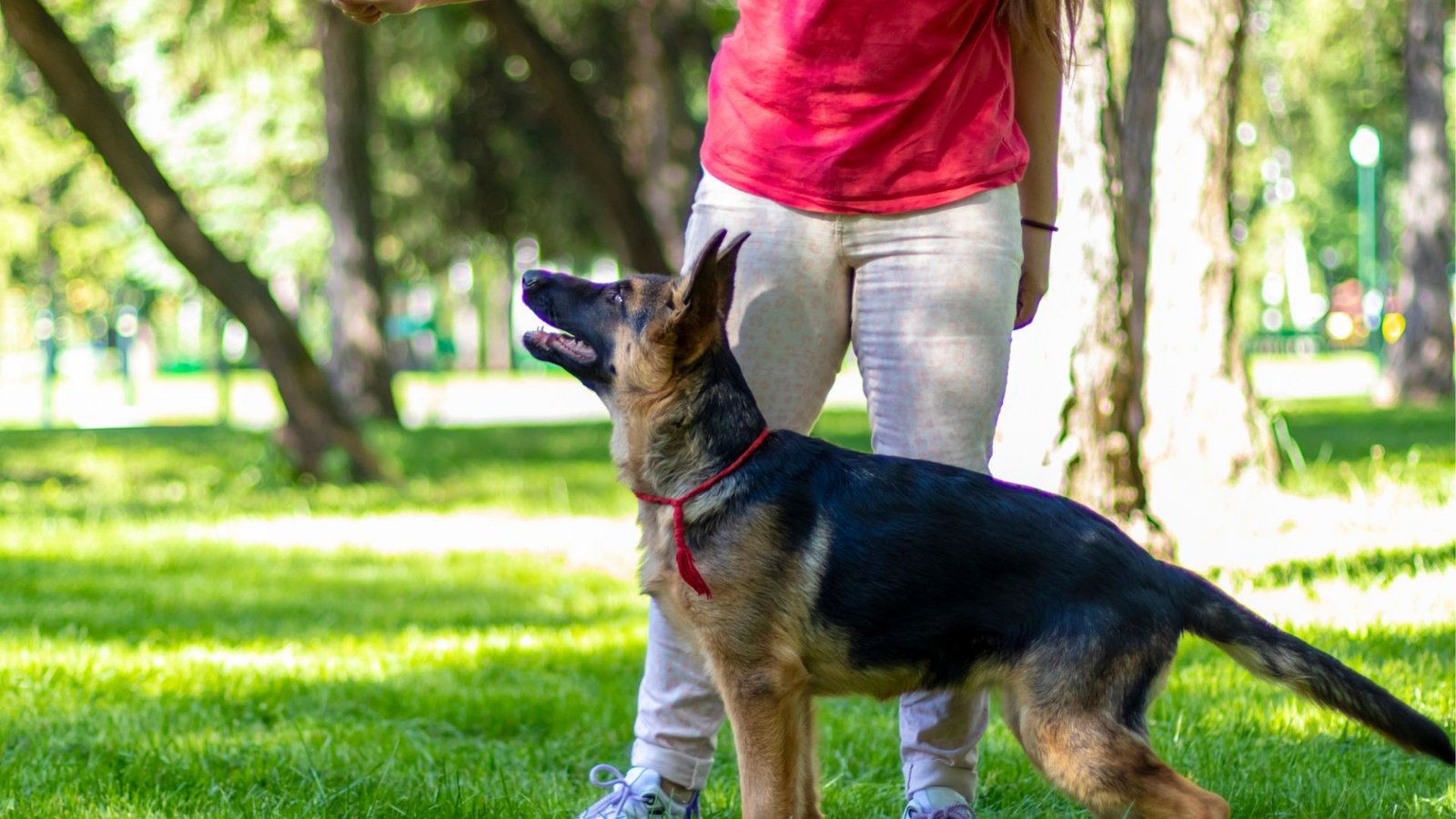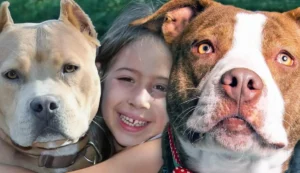
Adopting a Chihuahua: What to Expect
Chihuahuas, with their tiny frames and big personalities, have become one of the most popular dog breeds around the world. While they may be small in size, they are known for their bold and feisty nature, making them a charming and loyal companion. However, adopting a Chihuahua comes with unique considerations, as they have specific care needs and can sometimes present challenges for first-time dog owners. If you’re thinking about adopting a Chihuahua, it’s important to understand what to expect before bringing one home. From their temperament to their health care, and their grooming needs to their exercise requirements, this guide will help you prepare for life with your new tiny friend.

Chihuahua Personality: What to Expect
Chihuahuas are known for their big personalities packed into small bodies. Despite their size, they often have an outsized presence, and they can be lively, alert, and fiercely loyal.
1. Confidence and Boldness
- Chihuahuas can be fearless, even though they are small in stature. They often display a larger-than-life attitude and will not hesitate to stand their ground when they feel it’s necessary.
- They can be vocal, using their barking to express their feelings, alert you to potential threats, or simply to get attention.
2. Attachment to Their Owners
- These little dogs often form strong bonds with their owners, making them affectionate and devoted companions.
- Chihuahuas can become very attached to their humans and may develop separation anxiety if left alone for too long. It’s important to provide them with reassurance and positive reinforcement when leaving or returning home.
3. Socialization Needs
- While Chihuahuas can be friendly and social with family members, they may be reserved or even suspicious around strangers. Early socialization is important to help them feel more comfortable in different situations.
- They generally get along with other pets, but some Chihuahuas can be a bit territorial, especially if they haven’t been socialized properly.
Training and Behavior Expectations
Chihuahuas are intelligent and eager to please, but they can also be a little stubborn at times. While they may excel in certain types of training, they also tend to have a strong will, which can present challenges during obedience training.
Positive Reinforcement Works Best
- Chihuahuas respond well to positive reinforcement. Use treats, praise, and toys to reward them for good behavior.
- Consistency is key in training. Establish clear boundaries and expectations early on, and stick to them.
Housebreaking
- Chihuahuas can sometimes be challenging when it comes to housebreaking, but with patience and persistence, they will learn. Many owners opt for crate training to encourage them to hold their bladder until they are let outside.
- Puppy pads can also be useful, especially for smaller living spaces, but don’t let them become a crutch. You’ll want to transition to outdoor potty habits as soon as possible.
Health Considerations for Chihuahuas
Like all dogs, Chihuahuas require regular vet check-ups and preventative care. However, they are prone to some specific health conditions that you should be aware of before adopting one.
Common Health Issues
- Dental Problems: Due to their small mouths, Chihuahuas are prone to dental issues, including gum disease and tooth decay. Regular brushing, dental treats, and check-ups are essential.
- Patellar Luxation: This is a common issue in small dogs where the kneecap dislocates. While not always debilitating, it can cause discomfort and may require surgery in severe cases.
- Heart Disease: Chihuahuas are also prone to heart disease, particularly mitral valve disease. Regular vet visits are important to monitor their heart health.
- Hypoglycemia: Low blood sugar can be a concern, especially in puppies. Make sure your Chihuahua eats regularly, and consider feeding them smaller meals throughout the day.
Regular Vet Visits
- Chihuahuas require regular vet visits to stay healthy. These visits may include vaccinations, flea and tick prevention, and dental check-ups. Regular monitoring for heart health, joint issues, and weight management will also be important to their overall well-being.
Conclusion
Adopting a Chihuahua is a rewarding experience, but it’s important to understand the unique care needs of this tiny but mighty breed. They require proper training, socialization, a balanced diet, regular exercise, and consistent grooming to thrive. With their affectionate nature, intelligence, and long lifespan, Chihuahuas make wonderful companions, and with the right care, they’ll be a loving part







